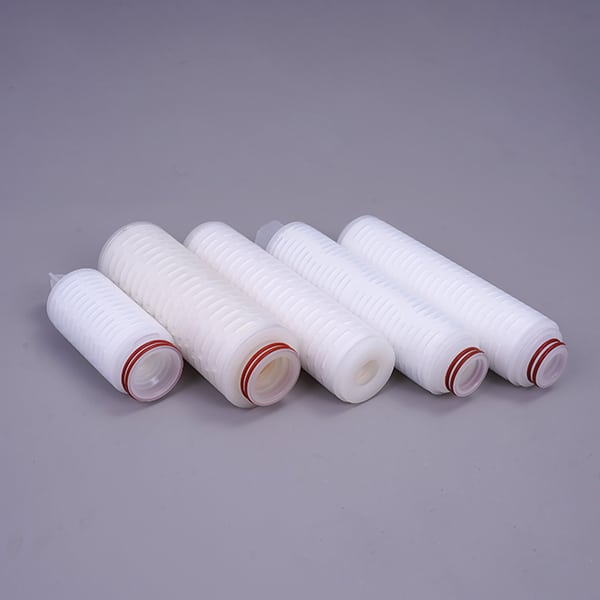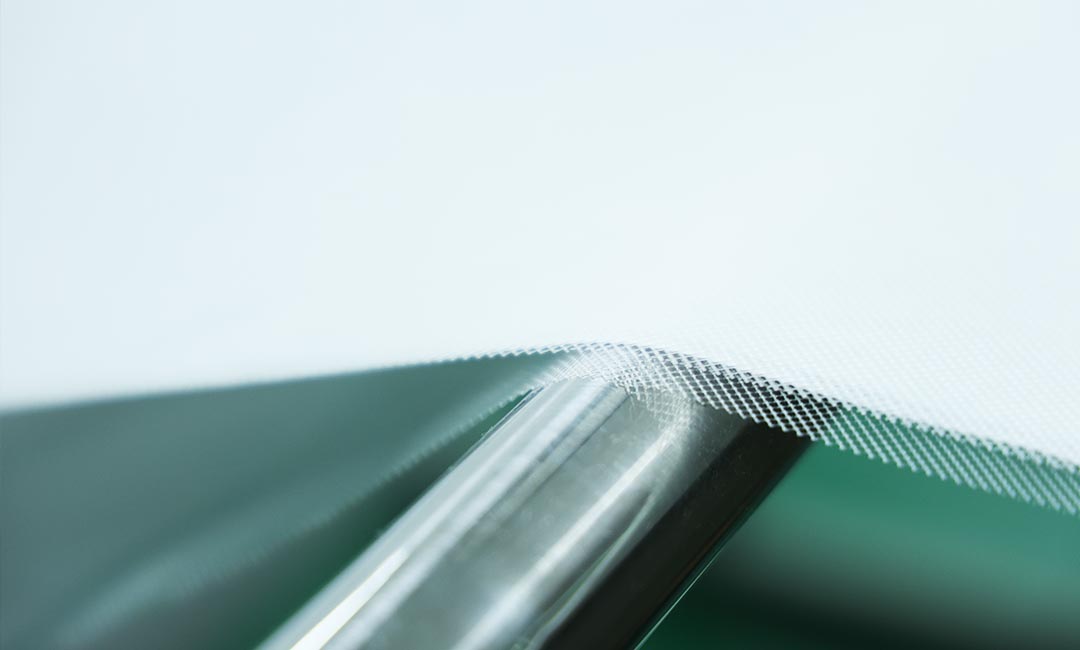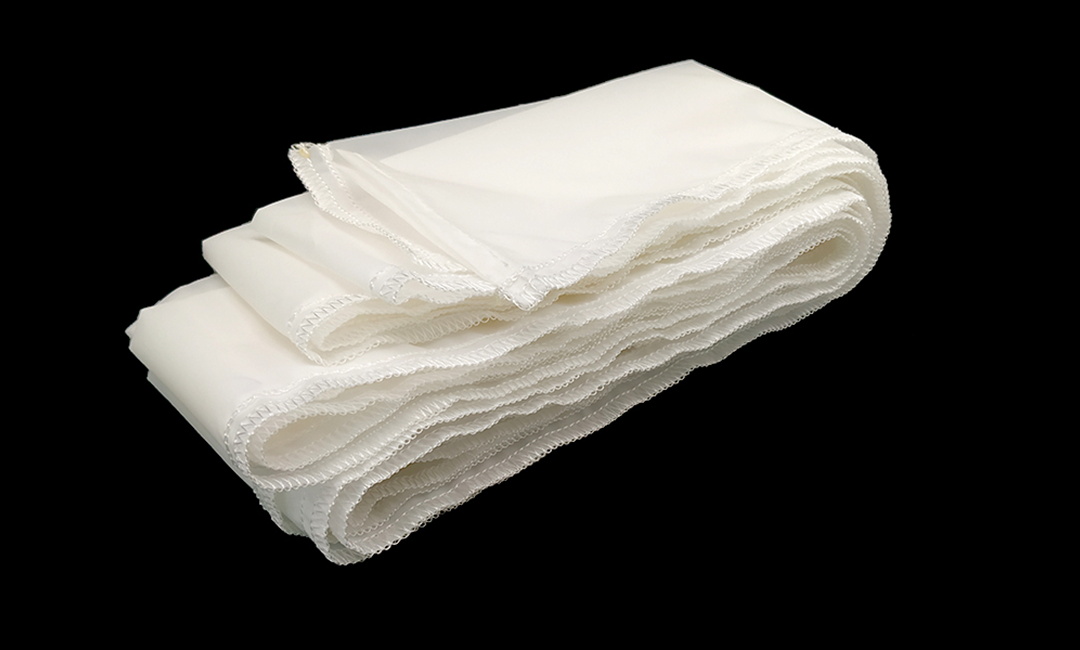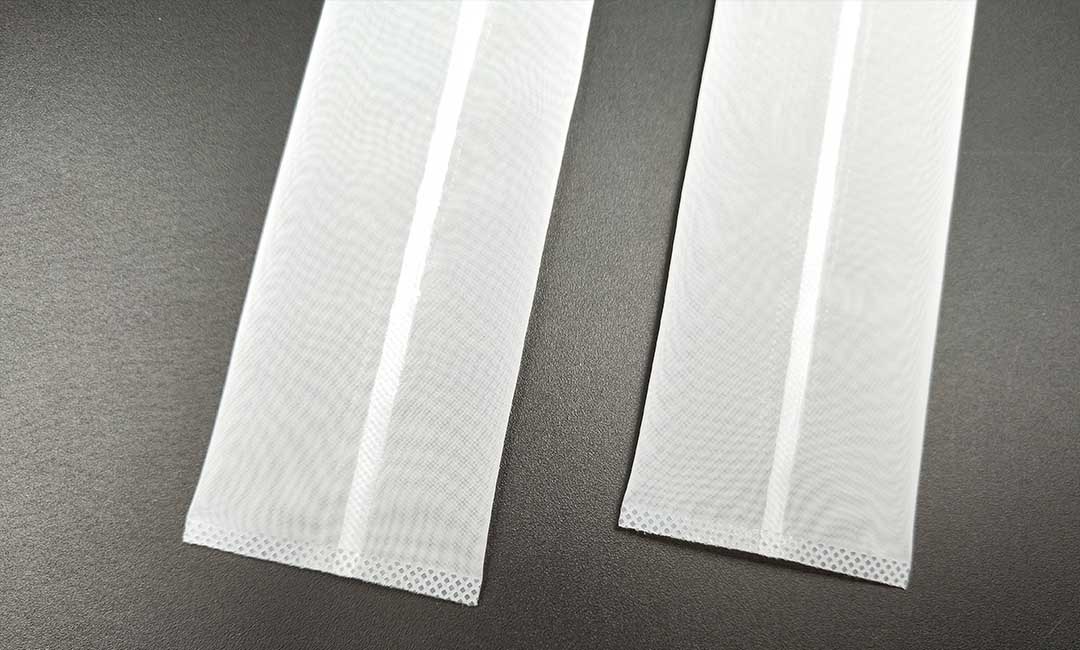
Reusing Rosin Press Bags: Tips for Getting the Most Out of Them
Creative Ways to Repurpose Used Rosin Press Bags
Reusing rosin press bags can be an excellent way to maximize resources while minimizing waste, particularly in the context of cannabis extraction. These bags, designed to withstand high pressure and temperature, can serve multiple purposes beyond their initial use. By exploring creative ways to repurpose these bags, individuals can not only extend their lifespan but also contribute to a more sustainable approach to cannabis processing.
One of the most straightforward methods to repurpose used rosin press bags is to utilize them for storage. After a thorough cleaning, these bags can be ideal for storing small quantities of herbs or concentrates. Their durable material helps protect the contents from moisture and contaminants, ensuring that the quality of the product is maintained. Additionally, labeling the bags can help keep different strains or types of concentrates organized, making it easier to access specific products when needed.
Another innovative use for rosin press bags is as a filtration tool in various culinary applications. For instance, they can be employed to strain oils or infusions, allowing for the separation of solid particles from liquids. This is particularly useful when creating infused oils or butters, as the bags can effectively filter out plant material while retaining the desired flavors and properties. By using rosin press bags in this manner, individuals can enhance their culinary creations while also reducing waste.
Moreover, rosin press bags can be transformed into makeshift pouches for carrying small items. Whether for personal use or as part of a larger organizational system, these bags can hold tools, accessories, or even personal items like keys and wallets. Their sturdy construction ensures that they can withstand daily wear and tear, making them a practical choice for on-the-go storage solutions. This repurposing not only extends the life of the bags but also promotes a more organized lifestyle.
In addition to these practical applications, rosin press bags can also serve as a creative medium for art projects. Artists and crafters can use the bags to create unique textures and patterns in their work. For example, the bags can be cut and sewn into various shapes, allowing for the creation of custom fabric items such as wallets or small bags. This artistic approach not only showcases the versatility of the material but also encourages a mindset of recycling and creativity.
Furthermore, rosin press bags can be utilized in gardening and horticulture. They can be repurposed as protective covers for seedlings or young plants, shielding them from pests and harsh weather conditions. The breathable nature of the bags allows for adequate airflow while providing a barrier against potential threats. This application not only benefits the plants but also highlights the multifunctional capabilities of rosin press bags.
In conclusion, the potential for reusing rosin press bags extends far beyond their original purpose in cannabis extraction. By exploring various creative avenues, individuals can find innovative ways to repurpose these bags, whether for storage, culinary applications, artistic endeavors, or gardening. Embracing such practices not only promotes sustainability but also encourages resourcefulness, ultimately leading to a more environmentally conscious approach to consumption. As the conversation around sustainability continues to grow, finding new uses for everyday items like rosin press bags can play a significant role in reducing waste and fostering a culture of reuse.
How to Clean and Reuse Rosin Press Bags Effectively
Reusing rosin press bags can be a sustainable and cost-effective practice for those engaged in the extraction of rosin. However, to maximize their lifespan and maintain their effectiveness, it is essential to clean and reuse them properly. The process of cleaning rosin press bags requires careful attention to detail, as improper cleaning can lead to contamination and reduced quality in future extractions. Therefore, understanding the best practices for cleaning these bags is crucial for any rosin enthusiast.
To begin with, it is important to allow the rosin press bags to cool down after use. This cooling period is essential because it prevents the residual rosin from hardening and becoming more difficult to remove. Once the bags have cooled, the first step in the cleaning process involves gently scraping off any excess rosin. Using a non-abrasive tool, such as a silicone spatula, can help in this regard. It is advisable to be gentle during this step to avoid damaging the fabric of the bag.
After removing the excess rosin, the next step is to soak the bags in warm water. This soaking process helps to loosen any remaining residue that may be stuck in the fibers of the bag. It is recommended to use a mild detergent during this soaking phase, as harsh chemicals can degrade the material of the bag over time. Allowing the bags to soak for approximately 30 minutes can yield optimal results, as this duration provides sufficient time for the detergent to break down the rosin.
Following the soaking period, it is essential to rinse the bags thoroughly with clean water. This step is crucial to ensure that all detergent and residual rosin are completely removed. It is advisable to use a gentle stream of water to avoid damaging the fabric. After rinsing, inspecting the bags for any remaining residue is a good practice. If any rosin remains, repeating the soaking and rinsing process may be necessary to achieve a satisfactory level of cleanliness.
Once the bags are clean, the next step is to dry them properly. Air drying is the preferred method, as it helps to maintain the integrity of the fabric. Hanging the bags in a well-ventilated area can facilitate this process. It is important to avoid using heat sources, such as hair dryers or direct sunlight, as these can warp or damage the material. Ensuring that the bags are completely dry before storing them is vital, as moisture can lead to mold growth and compromise the quality of future extractions.

In addition to these cleaning practices, it is also beneficial to establish a routine for inspecting the bags before each use. Regularly checking for signs of wear and tear, such as fraying or holes, can help in identifying when it is time to replace a bag. By maintaining a proactive approach to the care of rosin press bags, users can ensure that they continue to perform effectively over time.
In conclusion, cleaning and reusing rosin press bags is a practice that can enhance both sustainability and cost-efficiency in rosin extraction. By following the outlined steps—scraping off excess rosin, soaking in warm water with mild detergent, rinsing thoroughly, and air drying—users can effectively maintain their bags. Furthermore, regular inspections can help prolong the life of these essential tools. By adopting these practices, rosin enthusiasts can enjoy high-quality extractions while minimizing waste.
Maximizing the Lifespan of Rosin Press Bags through Proper Care
Reusing rosin press bags can significantly enhance both the efficiency and sustainability of your extraction process. To maximize the lifespan of these bags, it is essential to implement proper care techniques that not only preserve their integrity but also ensure optimal performance during each use. By following a few straightforward guidelines, you can extend the usability of your rosin press bags and maintain the quality of your extracts.
First and foremost, it is crucial to clean the bags thoroughly after each use. Residual plant material and oils can accumulate within the fibers of the bag, leading to contamination and reduced effectiveness in subsequent extractions. To clean the bags, gently rinse them with warm water immediately after use. Avoid using harsh chemicals or detergents, as these can degrade the fabric and compromise the bag’s structure. Instead, a mild soap solution can be employed if necessary. After rinsing, allow the bags to air dry completely before storing them. This step is vital, as moisture can lead to mold growth, which not only damages the bags but can also contaminate future batches.
In addition to cleaning, proper storage of rosin press bags is essential for maintaining their condition. When not in use, store the bags in a cool, dry place away from direct sunlight. Exposure to heat and UV rays can weaken the fibers, making them more susceptible to tearing and wear. It is advisable to keep the bags in a protective container or a dedicated storage bag to prevent them from becoming tangled or damaged by other equipment. By taking these precautions, you can ensure that your rosin press bags remain in optimal condition for future extractions.
Moreover, it is important to be mindful of the pressure and temperature settings during the extraction process. Excessive pressure can cause the bags to stretch or tear, while extremely high temperatures can weaken the fabric. To avoid this, always adhere to the manufacturer’s recommended guidelines for pressure and temperature settings. By doing so, you not only protect the bags but also enhance the quality of the rosin produced. A well-executed extraction process will yield better results, allowing you to maximize the potential of each bag.
Furthermore, consider the type of material you are pressing. Certain materials may be more abrasive than others, which can lead to increased wear on the bags. If you frequently work with particularly resinous or sticky materials, it may be beneficial to invest in higher-quality bags designed to withstand such conditions. These specialized bags often feature reinforced seams and durable fabrics that can endure the rigors of repeated use, ultimately saving you money in the long run.
Lastly, keep an eye on the condition of your bags over time. Regularly inspect them for signs of wear, such as fraying edges or thinning fabric. If you notice any damage, it is better to retire the bag from use rather than risk contamination or compromised extraction quality. By being proactive about maintenance and care, you can significantly extend the lifespan of your rosin press bags.

In conclusion, maximizing the lifespan of rosin press bags through proper care involves a combination of thorough cleaning, appropriate storage, mindful extraction practices, and regular inspections. By implementing these strategies, you can ensure that your bags remain effective and reliable, allowing you to achieve the best possible results from your rosin extraction endeavors.
DIY Projects Using Reused Rosin Press Bags
Rosin press bags are an essential tool for extracting rosin from cannabis or hemp plants. These bags are typically made from nylon or polyester mesh and are designed to hold the plant material while allowing the rosin to pass through. While rosin press bags are durable and can withstand multiple uses, they will eventually wear out and need to be replaced. However, instead of throwing them away, there are several ways to reuse rosin press bags for DIY projects.
One of the most common ways to reuse rosin press bags is to turn them into rosin-infused edibles. After using the bags to extract rosin from plant material, there is often residual rosin left in the bags that can be collected and used in cooking or baking. Simply cut open the bags and scrape out the rosin, then mix it into your favorite recipes for a potent and flavorful treat.
Another popular DIY project using reused rosin press bags is making rosin-infused topicals. Rosin is known for its therapeutic properties, and when combined with other natural ingredients, it can create a powerful topical treatment for a variety of ailments. To make a rosin-infused salve or lotion, simply melt down the rosin collected from the bags and mix it with a carrier oil, such as coconut or olive oil, and any essential oils or herbs of your choice. Pour the mixture into containers and let it cool and solidify before using it on your skin.
For those who enjoy crafting, reused rosin press bags can also be used to create unique art pieces. The mesh material of the bags can be cut into different shapes and sizes and used as stencils for painting or screen printing. The rosin residue left in the bags can also be used as a natural dye for fabric or paper, creating one-of-a-kind designs with a sustainable twist.

In addition to these creative projects, reused rosin press bags can also be repurposed for practical uses around the house. The durable mesh material makes them ideal for straining liquids or filtering out impurities in homemade products like herbal tinctures or infused oils. They can also be used as scrubbing pads for cleaning dishes or as pot scrubbers for removing tough stains from cookware.
When reusing rosin press bags for DIY projects, it’s important to clean them thoroughly before starting a new project. Residual rosin and plant material can affect the outcome of your project, so be sure to wash the bags with warm, soapy water and allow them to dry completely before using them again. Additionally, be mindful of the quality of the bags and replace them when they show signs of wear and tear to ensure the best results for your projects.
Overall, reusing rosin press bags for DIY projects is a sustainable and creative way to get the most out of these essential tools. Whether you’re making edibles, topicals, art pieces, or household items, there are endless possibilities for repurposing rosin press bags and giving them a new life beyond their original purpose. With a little creativity and ingenuity, you can turn your used rosin press bags into something truly unique and useful.

